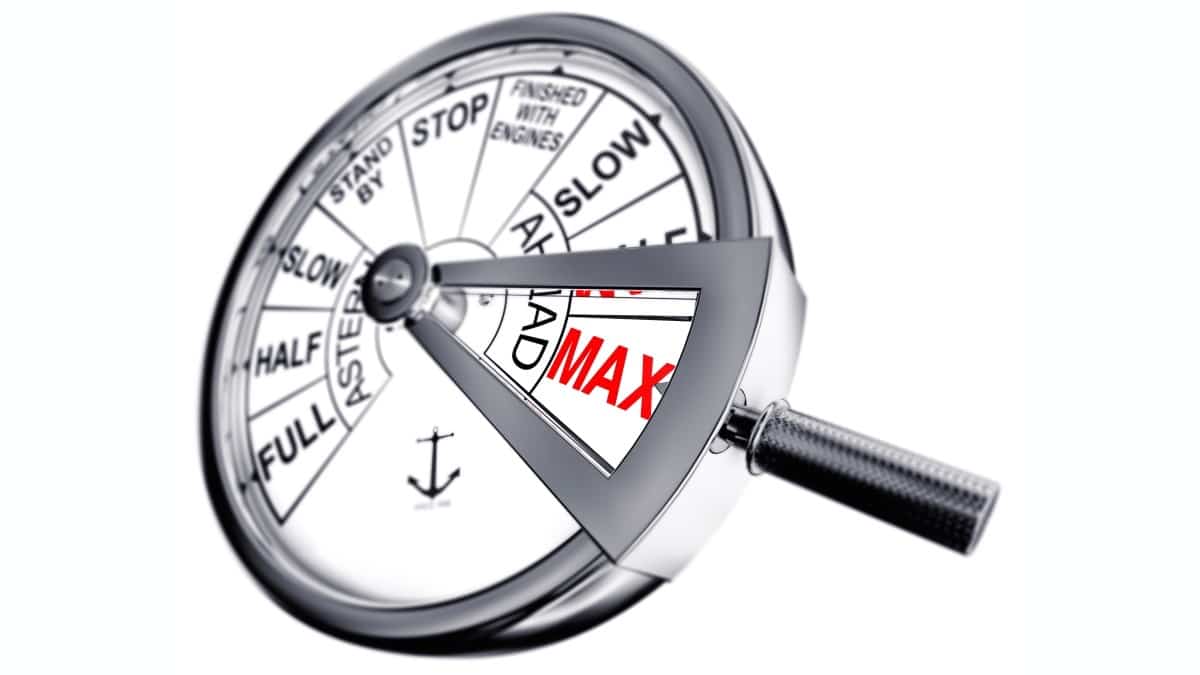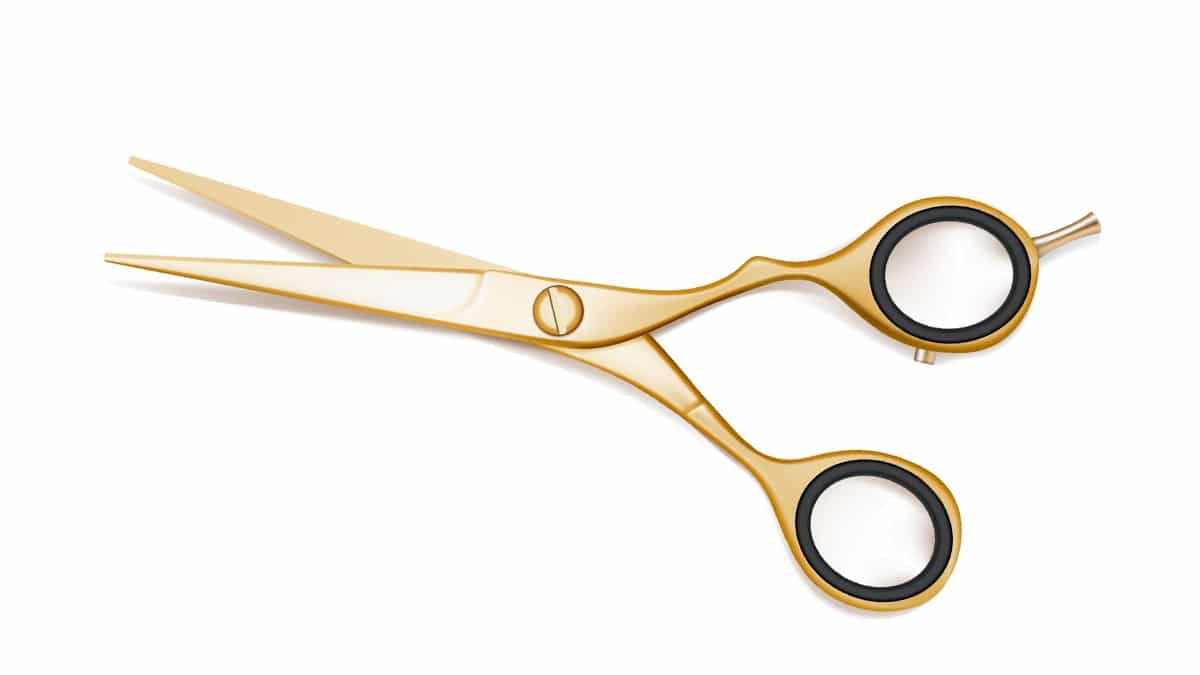In this guide
Managing your super effectively in retirement can be more important than ever. You spent your working life building a nest egg and now is the time to take care of it.
Our tips can help you manage your account with confidence, making the most of continuing opportunities.
Keep in mind that if you’re married or have a long-term partner then acting together is important. Tips that don’t work for you could be important for your spouse.
Housekeeping tips
1. Get familiar with myGov
MyGov is your source of all the information the Australian Taxation Office (ATO) has about your super, and that’s a lot. Log in and link the ATO service, if you haven’t already. Then, under your linked services, click to go to the ATO.
You can select the ‘Super’ menu to see details of your super fund(s), including any lost super or accounts you have forgotten about.
If you have started a super pension/income stream you can also view your transfer balance account and transfer balance cap. This tells you whether you have space remaining under your cap to transfer more money into retirement income streams.
Take some time to explore.
2. Make sure you’re with a great fund, and be prepared to switch if you can
Paying high fees or receiving lacklustre returns can really put a dampener on the growth of your account, so taking the time to compare and switching to a quality fund is worthwhile. Don’t fall into the trap of assuming a fund you’ve been with for decades is still right for you or that it’s too late to make a difference.
Accumulation accounts can be closed and rolled over to a new fund at any time.
If you have an account-based pension, you can still move your balance to a new super fund and start a new pension there. If your existing pension was started before 1 January 2015, take financial advice before choosing to close it. These older accounts are treated differently by Centrelink and aged care means tests. Closing your account could reduce your Age Pension or increase aged care fees.
Lifetime pensions and annuities generally can’t be moved to an alternative super fund or annuity provider.
If you have more than one account, getting everything into a single super fund is a priority unless you have a good reason to keep more than one. Having your savings together makes managing things simpler and can reduce costs.
Be sure to compare your current fund (or funds) with others and if you want to switch, join your preferred fund online or using a paper application form. Your chosen fund can help you to transfer the balance from your old account(s).
3. Make sure you have an effective beneficiary nomination
Nominating who should receive your super balance or ongoing pension payments in the event of your death is critical.
If you don’t have a binding beneficiary nomination or reversionary nomination (for pension accounts) when you pass away, your fund’s trustee must decide who to pay. They may choose not to distribute your super death benefits the same way you would have, and the decision-making process can cause delays for your family.
Reversionary nominations also provide the surviving spouse with a year to get their affairs in order before the value of their partner’s pension is added to their transfer balance account. This gives important breathing room at a stressful time and can maximise the amount retained in the tax-free retirement phase.
4. Review how your super is structured
Have you taken the opportunity to transfer your super to the retirement phase of super? Starting a pension or annuity means tax-free investment earnings and regular, convenient income payments.
You can also consider a product that guarantees income for life.
If you’ve been lucky enough to accumulate more than your transfer balance cap, you can consider keeping the excess in the accumulation phase or cashing a lump sum.
5. Keep in touch with your money
Set up online access to your account and/or download your fund’s app. Having everything at your fingertips makes it simpler to grab the details you need if you want to add a contribution or make changes.
Contribution tips
1. Could you reduce tax and top up your super with a tax-deductible super contribution?
If you have savings outside super, you sell an investment, or you receive an inheritance and you’ll be paying income tax this financial year, a tax-deductible contribution is worth looking into.
To claim a tax deduction for personal super contributions you must be under age 67 or meet the work test if you are aged between 67 and 75. Some retirees return to work briefly to meet the work test and take advantage of this option.
Personal contributions you claim a tax deduction for are concessional. The annual cap for concessional contributions is $30,000 in 2024–25 and you may be eligible to contribute more using the carry forward rule if your total super balance was below $500,000 last 30 June.
A lump sum concessional contribution could reduce your income tax (including capital gains tax on the sale of an investment).
Once you turn 75, further personal contributions are not permitted unless they are downsizer amounts (see point 3 below).
2. Consider non-concessional (after tax) contributions
Thanks to changes to the law in 2022, it is now possible to make non-concessional (after-tax) contributions until you turn 75, even if you’re completely retired.
The cap for non-concessional amounts is four times the concessional cap ($120,000 in 2024–25) and you may be eligible to contribute even more using the bring-forward rule. A non-concessional contribution is not tax deductible but will help increase your super balance where investment returns are taxed at a maximum of 15% in the accumulation phase and zero in the retirement phase.
3. Selling your home? Boost your super with a downsizer contribution
If you are aged 55 and over and are ready to downsize – or simply want to put more into your super account and are willing to sell your current home – it could be worth considering a downsizer contribution.
These contributions allow singles to invest up to $300,000 and couples up to $600,000 ($300,000 each) from the sale proceeds of their family home into their super accounts.
Investing tips
1. Check you’re in a suitable investment option
If it’s been some time since you reviewed your super investment strategy a rethink could be overdue. It is important to make sure you’re comfortable with the level of risk and the return potential of the assets your super is invested in.
If you are drawing a regular income, a bucket strategy is worth considering. This strategy quarantines savings you will need in the short term in stable liquid assets such as cash that can be accessed immediately or on short notice while allowing you to invest the remainder of your savings more aggressively. If you have previously set up investment buckets but have not reviewed your position for a while, it may be time for a rebalance to ensure your short-term bucket doesn’t run dry.
Remember that the end of employment is not the end of the line for investing your super. It needs to last you for life, so growth assets still have an important role for most people throughout retirement. Don’t make the mistake of investing too conservatively when low returns can mean less income for you to live on or running out of savings before your time.
2. Beware of investment fees
Unlike administration fees that are deducted directly from your account balance, investment fees in super can be less obvious and escape your notice. Investment fees cover the work of the fund’s asset management team who select the investments as well as the transaction costs associated with buying and selling assets.
These fees are usually considered before the investment return is calculated, so you don’t see any transactions coming out of your account. Instead, the fees reduce the investment return you receive.
You can check the fees for each of your fund’s investment options in their Product Disclosure Statement (PDS). There may also be a separate investment guide or fees and costs guide to refer to. If you have any difficulty finding the fees for all options, give your fund a call to find out where to look.
Investment fees can vary substantially, so shop around a few low-fee industry funds to make sure your chosen option is not too expensive in comparison to low-fee options with a similar asset allocation.
A simple way to minimise investment fees is to choose an indexed option. Rather than employing investment managers to select assets and try to ‘beat the market’, indexed options contain a representative sample of the entire index they are targeting. For example, an Australian share indexed option would usually represent the ASX 200 or ASX 300 index. Many super funds also offer diversified indexed options that cover indices for Australian and international shares as well as listed property.
3. Take investing to the next level with member-directed choices
If you’re comfortable with investing and have built your knowledge, you could investigate taking more control over your super assets.
Many large super funds give you the option to choose your own mix of shares, exchange traded funds (ETFs) and term deposits. These options have various names depending on the fund but are usually called something like ‘member direct’ or ‘direct investment’.
This can be an accessible way to make your own investment decisions without the need to establish and run a self-managed super fund (SMSF).
As a bonus, you can transfer your assets from the accumulation phase to the tax-free retirement phase without any transaction costs or capital gains tax to pay.
To do this, you start a pension (income stream) for retirement, keeping the same investments with the same fund. Then, when you sell assets later to fund your withdrawals or just to select a new investment mix after starting your pension the capital gains are tax free.























Leave a comment
You must be a SuperGuide member and logged in to add a comment or question.